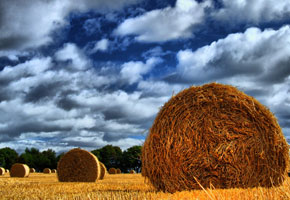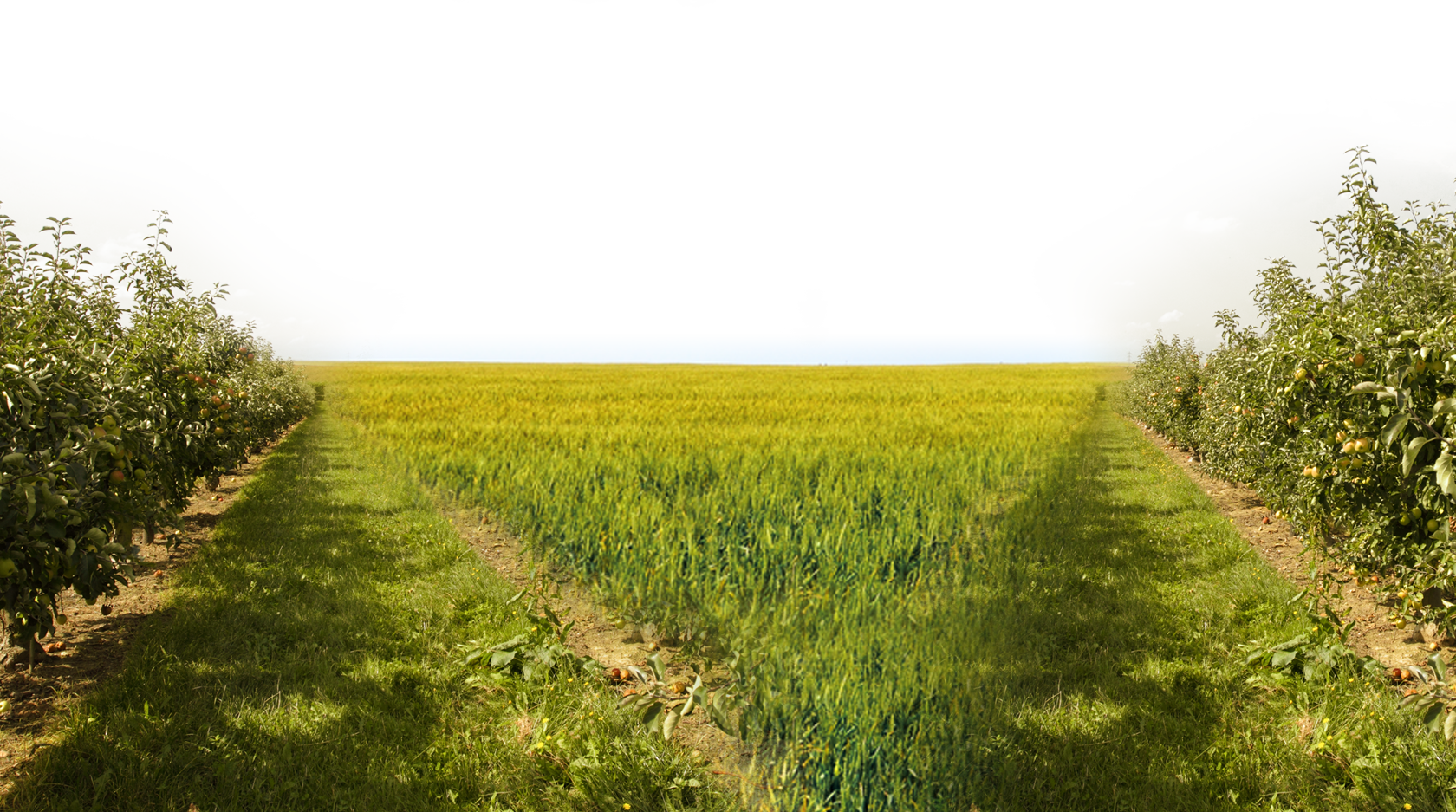
Takeaways from the Inaugural Meeting of the Global Alliance for Climate-Smart Agriculture
By Aisleagh Jackson | 0 Comments | Posted 09/27/2014
Wednesday’s Inaugural meeting of the Global Alliance for Climate-Smart Agriculture (or GACSA), was a three hour informational and aspirational feast that left me with much to chew on. Describing itself as “a voluntary, farmer-led, multi-stakeholder, action-oriented coalition committed to the incorporation of climate-smart approaches within food & agriculture systems” that aims to “enable governments and stakeholders to make these transformations in ways that bridge traditional sectoral, organizational and public/private boundaries,” GACSA is off to an ambitious start.
The founding members include 14 Countries (Costa Rica, Ireland, France, Japan, Mexico, Netherlands, Nigeria, Niger, Norway, Philippines, Spain, U.K., U.S.A., and Vietnam), a host of Research & Conservation Organizations (including the Center for International Forestry Research, the Environmental Defense Fund, the Food and Agriculture Organization, and the International Union for Conservation of Nature), Trade Organizations (International Coffee Organization & International Fertilizer Association), Consumer Organizations (Organic Consumer Organizations) and the all-important World Farmer Organization, among many others- 46 in total, though the Alliance hopes to expand it’s ranks quickly.
So what, exactly is, Climate-Smart Agriculture? A concept initially proposed by the U.N’s FAO, it began as an overarching look at how to adapt all forms of agriculture to the changing climate; what it continues to evolve into is quite inspiring.
The three pillars of CSA are:
- Sustainable and equitable improvements in agricultural productivity and incomes (alongside waste reduction)
- Greater resilience of food systems & farming livelihoods
- Reduction and/or removal of greenhouse gases associated with agriculture (including the relationship between agriculture and ecosystems),where possible
GACSA aims to build upon these pillars with an initial “action-focus” on knowledge, investment and enabling environment; identifying and filling knowledge gaps, sharing and promoting research, brokering relationships between partners, developing metrics to evaluate successes and putting their money where their mouths are- many of the founding members pledged 20-60% of their operational budgets toward these ends. (I repeat-20 to 60 percent!)
Speakers, including U.S. Secretary of Agriculture Tom Vilsack, addressed the need to change the narrative on agriculture and climate change, to put in place practices that enable the sector to be a part of the solution rather than a part of the problem.
In the U.S., this includes the launch of a soil-health initiative, as healthy soil is shown to store more scarce water (crucial as drought continues to plague the nation) and capture more carbon. This is no news to organic farmers or activists, who have long decried over-tilling, chemical use, and other soil-depleting practices, but the alliance is hopeful in yet another way- there seems to be a spirit of humility and communion around a subject we are so used to seeing be partisan, heated, and divisive. The level of conversation has been elevated, and I for one am gladdened and grateful. For, as Vilsack quoted Abraham Lincoln, “the best way to predict the future is to create it,” and regardless of where one comes down on the sticky subjects around the margin- a sustainable, equitable and nimble food future benefits us all.


 Contact us
Contact us



























